Fake News and Mindset
Profusion of Discussion
With free speech in our country, we are exposed to many statements, some of dubious truth. How does this affect us? The content of that we hear and see molds our mindset—that set of beliefs we use to understand and organize our life. But can’t we just reject false statements?
Facts, Explanations, Opinions, and Theories
We can reject those which we critically evaluate; however, TV and internet are passive media, media that expose us to explanations, opinions, theories, and facts at a pace beyond our capacity to evaluate each one on its merits.
Note: Facts are past events that either occurred or did not. Explanations, opinions, and theories are broader statements that assume linkages between various events (facts). They have a probability, not an either/or, relationship with truth.
The particular media outlet that we favor has an impact on our mindset beyond the facts. It affects our evaluations, our value judgments.
So what? you may ask. The problem is evaluations and opinions based on dubious facts take root in our mind through repeated exposure, not through truth. Our mindset that we use to understand and react to the world.
Fast and Slow Thinking
How can that be? Daniel Kahneman in Fast and Slow laid out how associative links replace logic when we don’t have time to think through an argument (or when there is future uncertainty).
Availability Heuristic
This associative linkage occurs due to the nature of our brain. A repeated pairing of concepts in media stories, like immigration and crime, will lead you to think of them both when either is mentioned.
Advertising uses this principle. The goal is to make the brand name become remembered with the product. The theory is that when consumers want to buy the product, all other things being equal, consumers will buy the brand they have heard most often, most strikingly with the product. This is an example of the availability heuristic, a mental shortcut that relies on immediate examples that come to a given person’s mind when evaluating a specific topic, concept, method or decision.
Consider our thinking in situations of that has not happened yet. Consider the question: “Who will win the next golf tournament?” Our best guess will be the player whose name we have heard the most.Why? Because we hear the name of the golfers in proportion to how often they win.
Media Choice
Recognition of a bad reputation occurs by the same process. It is not necessary for you to be convinced by logic. You develop a link between a brand and its reputation somewhat independent of the factual argument. It’s the constant conjunction of the brand and the bad evaluation which remains in your mind if you don’t have time to examine the discussion carefully.
We see it in the political world. Democrats hear continued complaints about Trump. Republicans hear continued complaints about Clinton.
- The Trump brand is reflexively negative to Democrats
- The Clinton brand is reflexively negative to Republicans
- Neither side easily grants any truth to the other’s position
The media channels rarely make the end-to-end case for their position. Usually, something bad is described and since the decision has already been made on the bogeyman, that person is tied to the story. Occasionally, the outlet will point out a clear route from a position taken to a result reached. When you find such an example, make the effort to pay attention to the logic and reasoning that led to the conclusion.
The concern over targeted ads by foreign and anonymous sources can be traced to the effect negative ads have that persists despite the lack of basic truth to their underlying premises.
Fake News and Your Mindset

You should aim at exposure to opinions in proportion to the amount of verifiable facts contained within them. The goal is to make your own decisions on facts in your mindset, not letting the decisions given by the channel overwhelm your own decision-making.
Set aside 15 minutes, when you analyze the provider’s method rather than the message they are delivering.
- Consider perhaps, “fake news.” How does your preferred outlet handle stories that mention “false news.” Look into the main fact that the position is based on. Is it a verified fact? Or is it an attitude which asserts a theory that explains the primary fact?
- Do the same exercise with an media outlet that you reflexively disagree with. Find the most basic fact that explains one of their positions. Is the fact true? Is the theory which is used to tie together a political position supported by all the facts or is it assumed true with only facts selected that support it?
- It’s important to recognize that President Trump is a prime labeler of news as fake. Examine how you favorite channel and its opposite cover his claims. Focus on facts or events that occurred, not explanations or opinions or theories.
Good citizens mustn’t have their mindset led astray by free speech opinions that are not connected to facts. Good political choices arise from true facts and informed opinion. That requires factual information from a reliable source.
Picture of meandering river. Public domain. Wikimedia Commons
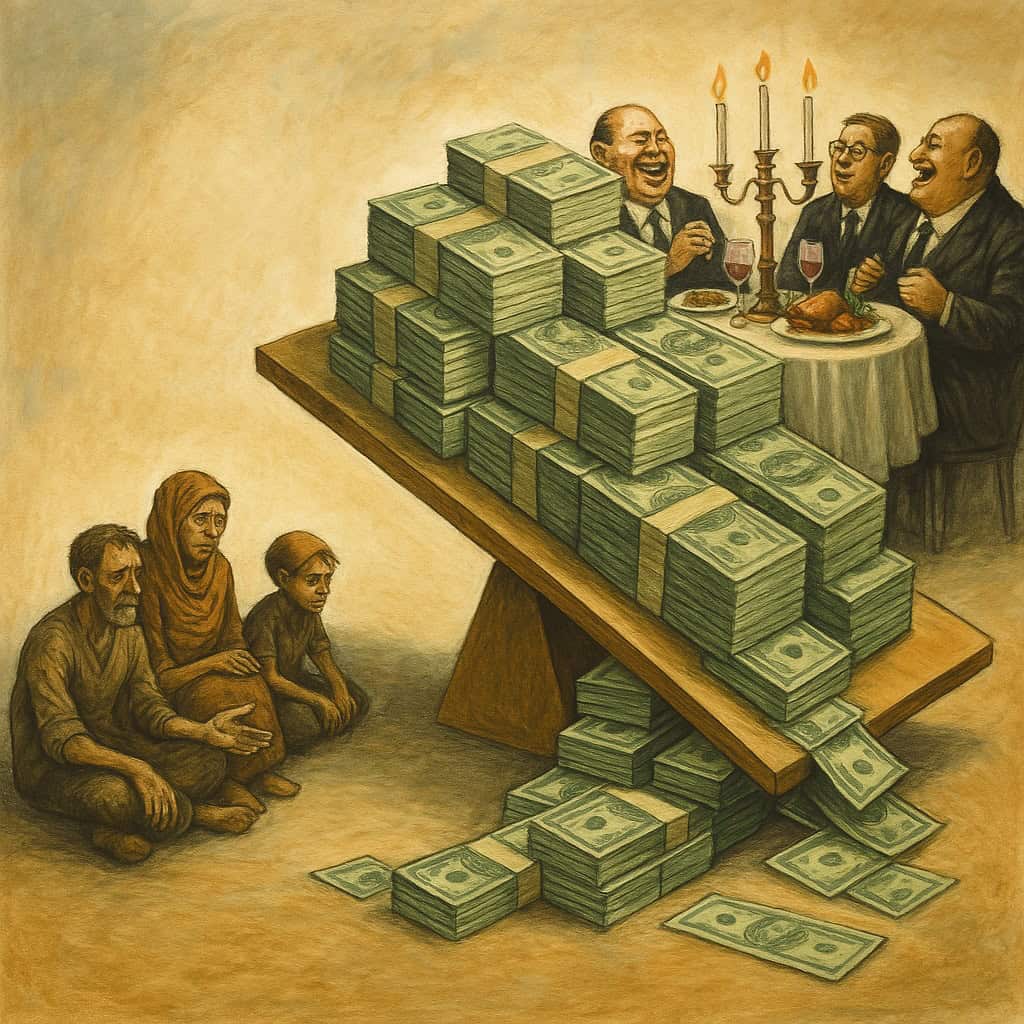
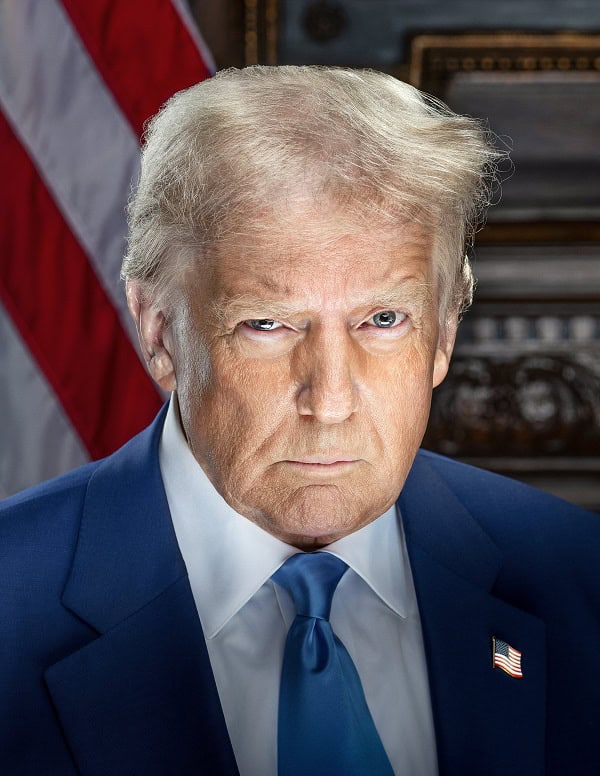
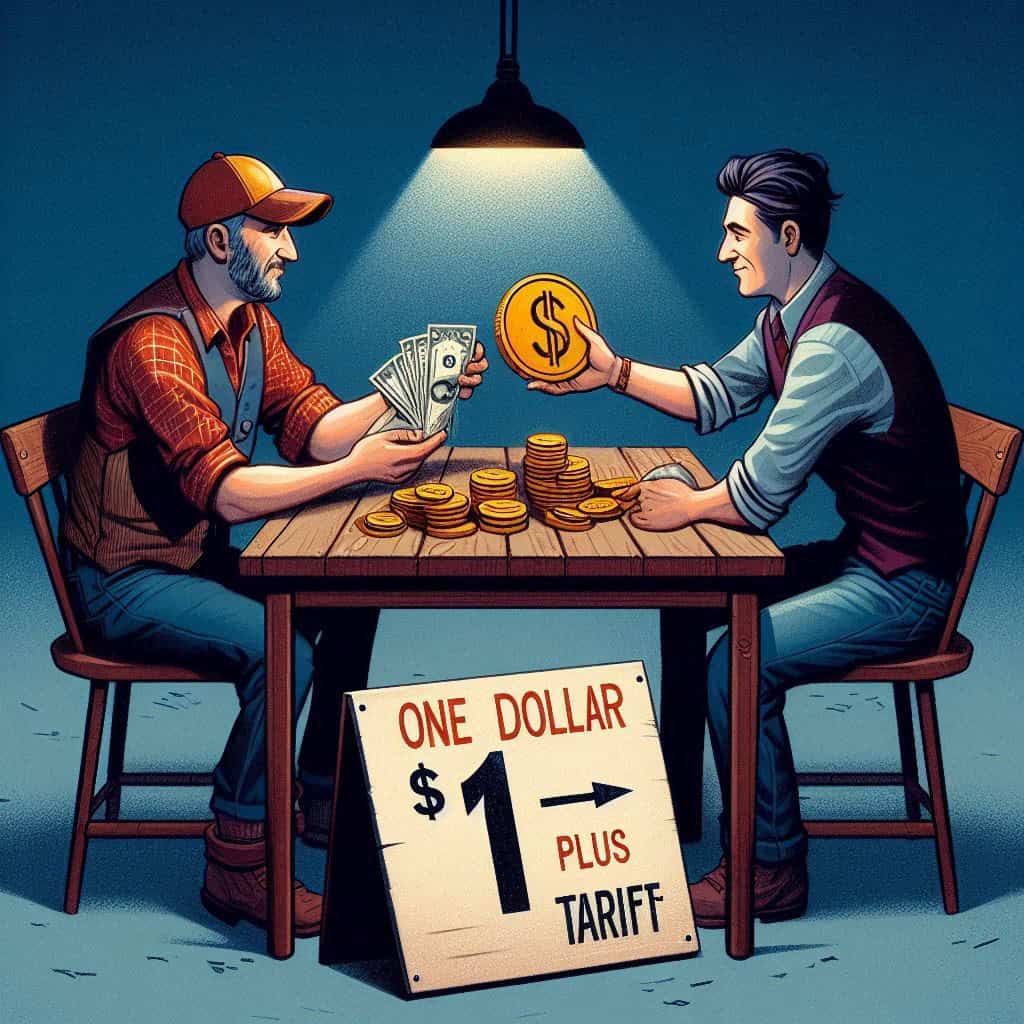
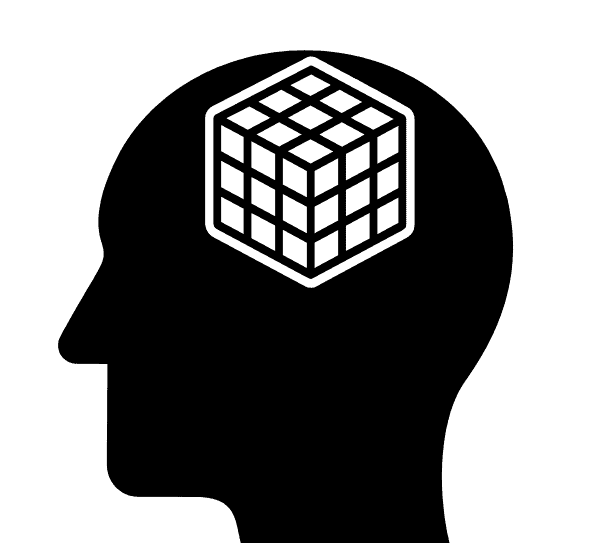


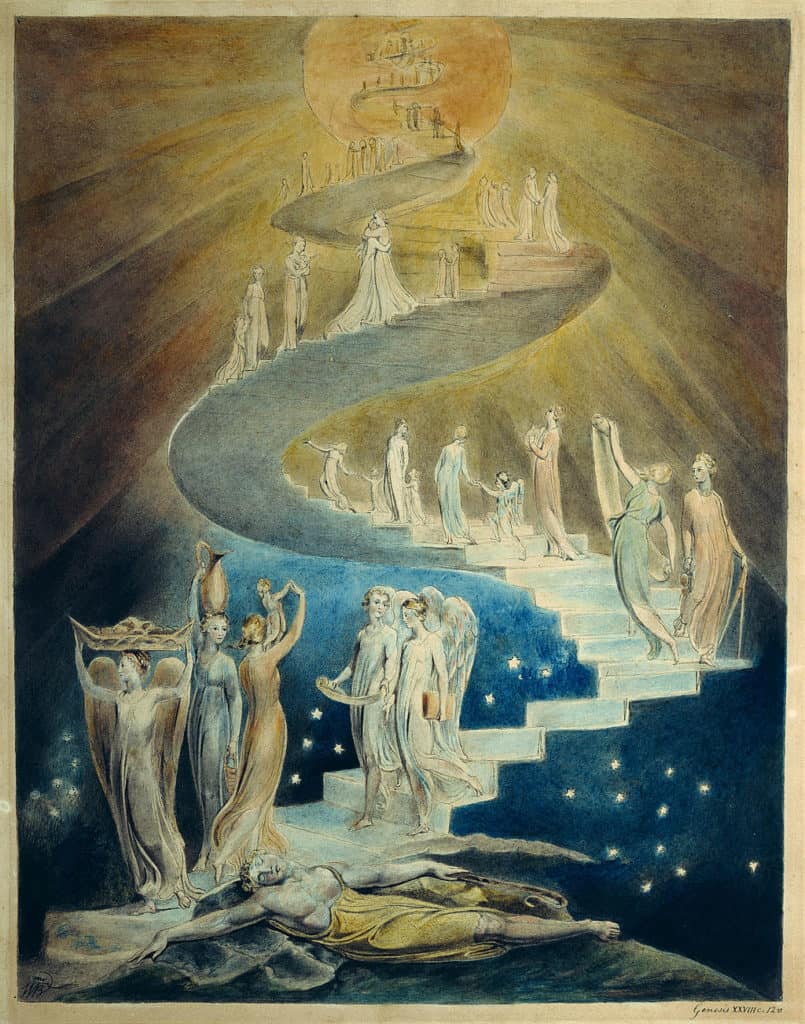
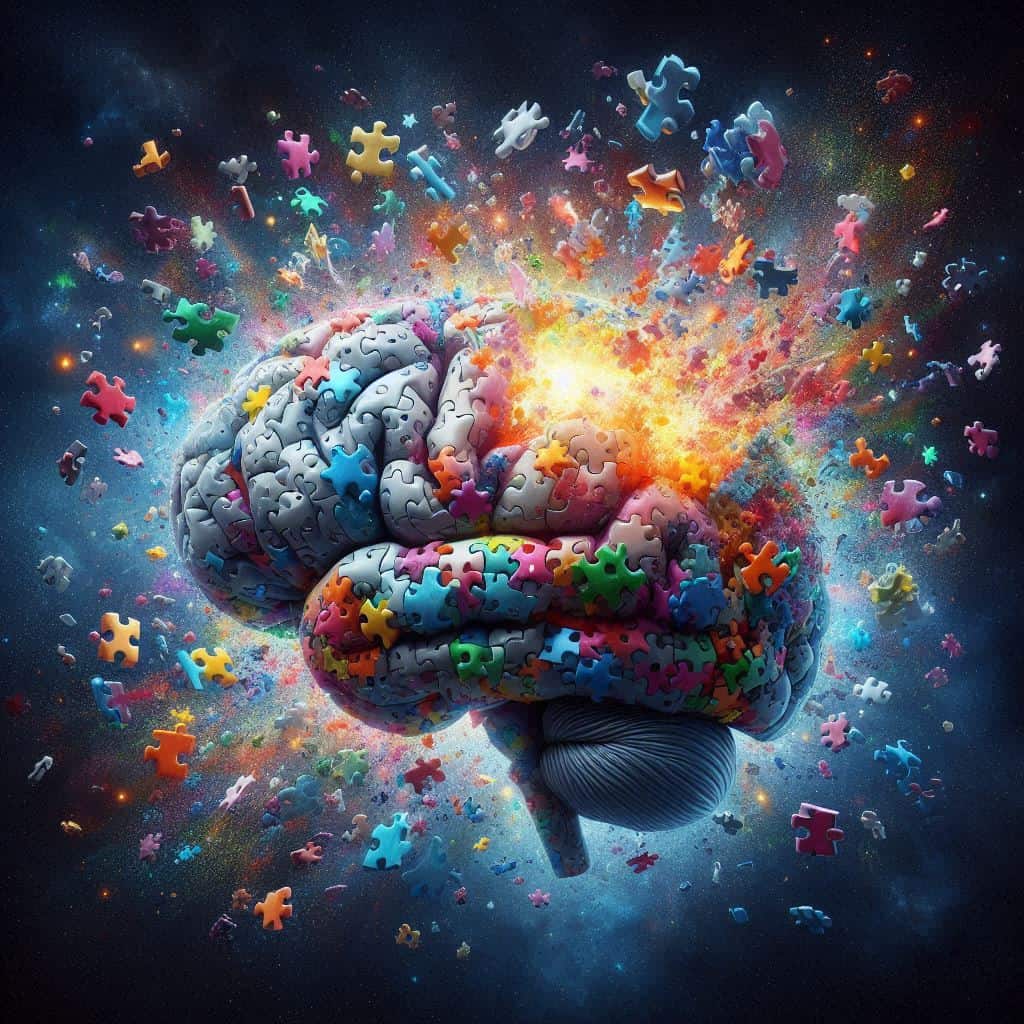
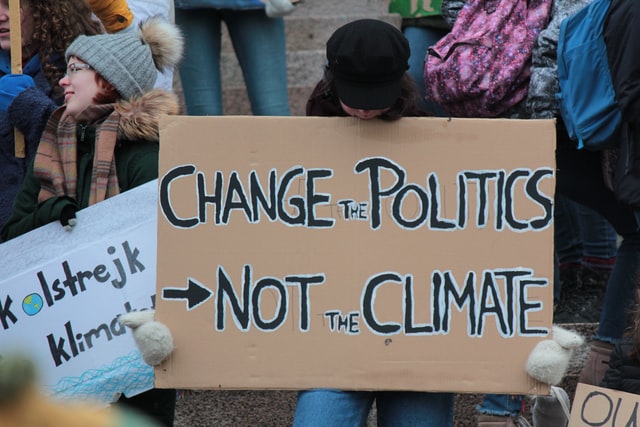
2 thoughts on “Fake News and Mindset”